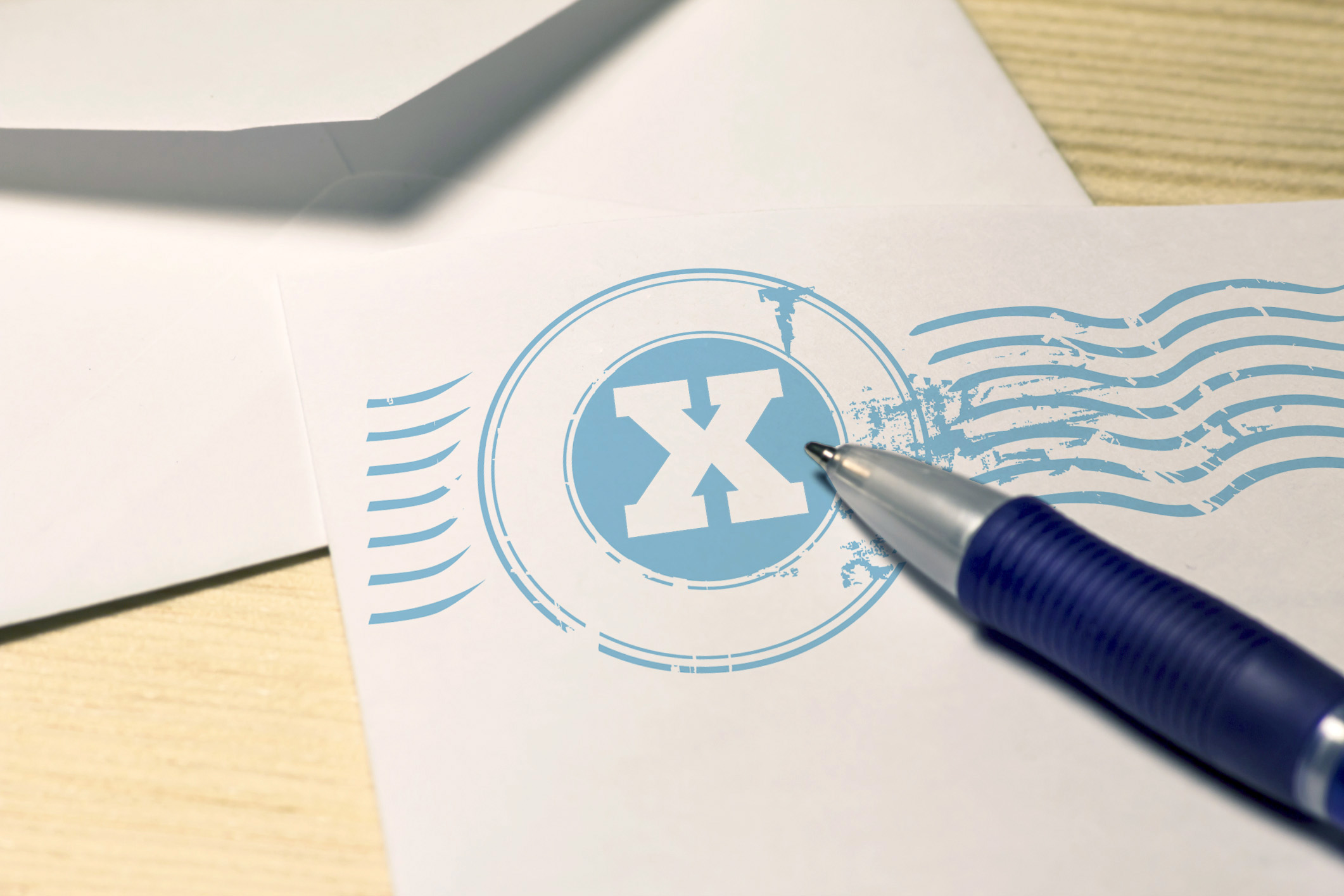Proctoring is an essential part of our state’s public school testing program. Responsible proctors are recruited from the community and from school and district staffs. Each receives thorough training, including reading the North Carolina Testing Code of Ethics.
When testing day arrives, they may find themselves assigned to a classroom of 19 sophomores taking the N.C. Civics Test online (as I was recently) to a math makeup test serving just four students, or to any number of other testing environments, some of which accommodate students with special needs.
The 24-page Proctor’s Guide, published by the state, serves as instruction for individuals as they help ensure testing occurs fairly and uniformly. Proctor duties include: maintaining test security at all times; helping ensure physical conditions in the room promote comfort and ensuring the necessary materials are distributed to every student.
During the proctoring, individuals must suspend any reading, eating or drinking and the use of any electronic device. They must remain attentive. They also monitor for prohibited items, which this year included the addition of “selfie sticks.”
Bottom line: Proctors are appreciated because of their important function of ensuring integrity and fairness for teachers and students alike. That duty can sometimes be tedious and extend for hours, which in our world of instant connections to a smart device, may seem like, to some, a daunting task.
— Charlie Glazener
Public Information Officer
Asheville City Schools
Editor’s note: This letter is a response to the letter, “End-of-grade Testing Leaves Writer Puzzled,” in this issue.






